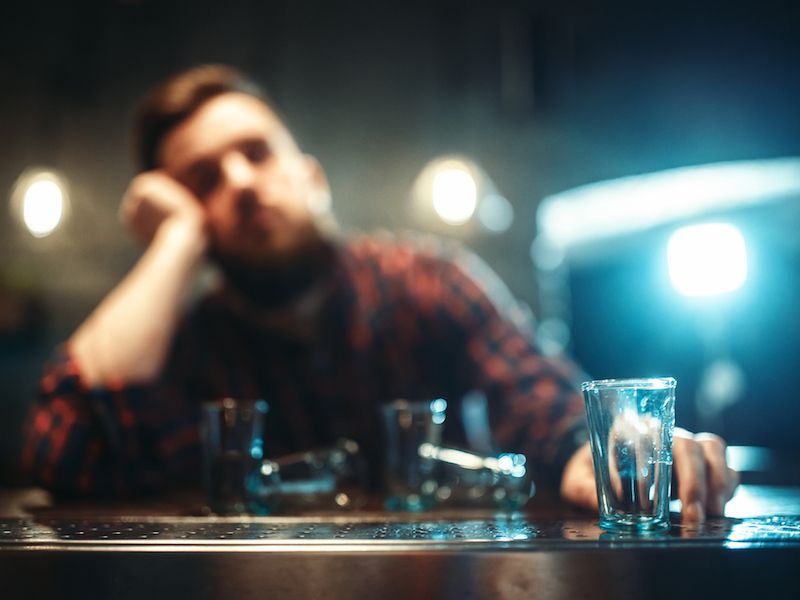
The United States is facing an opioid crisis as you’re probably aware. Over 130 people are dying each day from an overdose. There is a link, which you may not be aware of, between drug and alcohol abuse and hearing loss.
According to new research published in the American Journal of Preventive Medicine and conducted by a team from the University of Michigan, there’s a connection between those under the age of fifty who suffer from loss of hearing and abuse of alcohol or other substances.
Approximately 86,000 people participated in the study and it was found that the younger the person, the stronger the connection. Regrettably, it’s still not well known what causes that link in the first place.
Here’s what was found by this study:
- When it comes to hearing loss, people above the age of fifty who developed hearing loss didn’t differ from their peers in terms of substance abuse.
- People who developed hearing loss under the age of fifty were at least twice as likely to abuse opioids as their peers. They were also usually more likely to abuse other substances, like alcohol.
- People were twice as likely to develop a general substance abuse problem than their peers if they got hearing loss between the ages of 35 and 49.
Solutions and Hope
Those numbers are shocking, particularly because experts have already taken into account issues such as economics and class. We have to do something about it, though, now that we have identified a connection. Remember, causation is not correlation so without understanding the exact cause, it will be difficult to directly deal with the problem. A couple of theories have been put forward by experts:
- Higher blood pressure: It’s also true, of course, that alcohol raises your blood pressure, sometimes to levels that are unhealthy. And both some pain killers and also high blood pressure have been shown to harm your hearing.
- Lack of communication: Emergency departments are designed to respond to people, treat them, and process them as efficiently (or, in many cases, quickly) as they can. Sometimes they are in a rush, especially if there’s a life-threatening emergency waiting for them. In these situations, if patients aren’t capable of communicating very well, say they can’t hear questions or instructions from the staff, they may not receive correct treatment. They might agree to recommendations of pain medicine without fully listening to the risks, or they might mishear dosage directions.
- Medications that are ototoxic: These medications are known to cause hearing loss.
- Social isolation: It’s well established that hearing loss can lead to social isolation and cognitive decline. In these situations, it’s common for people to self medicate, especially if the individual in question doesn’t really understand the cause–he or she may not even realizethat hearing loss is the issue.
Whether hearing loss is increased by these situations, or those with loss of hearing are more likely to have them, the negative consequences to your health are the same.
Preventing Hearing Loss and Substance Abuse
The authors of the research suggest that doctors and emergency responders work extra hard to make sure that their communication standards are current and being implemented. It would help if doctors were on the lookout for individuals with loss of hearing, in other words. But it would also help if we as individuals were more aware of some of the signs of hearing loss, too, and sought help when we need it.
Don’t be afraid to ask questions of your doctors like:
- Will I get addicted to this medicine? Is there an alternative medicine that is less dangerous for my hearing, or do I truly need this one.
- Is this drug ototoxic? What are the alternate options?
If you are uncertain how a medicine will impact your overall health, what the dangers are and how they should be taken, you shouldn’t take then home.
In addition, if you think you have hearing loss, don’t wait to be checked. If you ignore your hearing loss for only two years you will increase your health care expenses by 26%. Schedule a hearing test right away.
